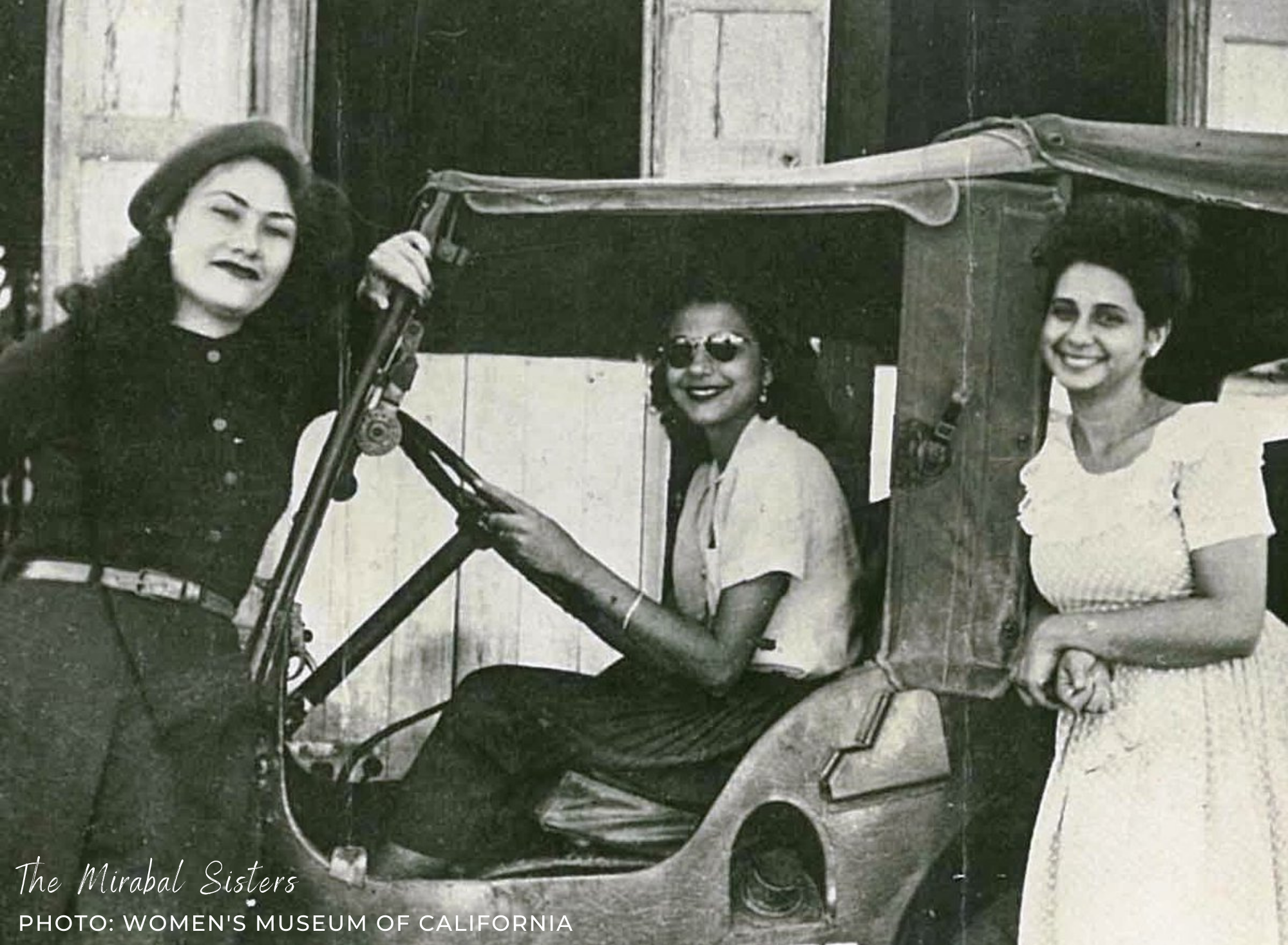As I write this blog post, I am travelling from a Round Square International Conference hosted by Ashbury College in Ottawa, Ontario, to a National Coalition of Girls’ Schools Board of Trustees’ meeting and Educating Girls’ Symposium in Cleveland, Ohio.
The Round Square conference’s theme is Bring Your Differences and the Educating Girls’ Symposium’s theme is School Communities: The Power of Many Voices. To me, these themes come at an important time for our youth as the topics speak to the power of voice, a pressing need for considering varied perspectives, and the role these play in affecting positive change. But these messages are equally important for adults, as we have a responsibility to mentor our youth.
In one of my first blogs this year, I cited Parker Palmer, who wrote in his book On the Brink of Everything, about the importance of turning to the ‘rising generation’ to learn from them but also to offer what we know. Offering what we know is essential but the obligation must not be misunderstood as an opportunity to tell our rising generation what they must do. While we mentor, we must understand the importance of mutual learning for future possibility.
I was reminded of Parker’s wisdom and this broader cultural context as I listened to a number of our Round Square speakers.
Our keynote speaker at our Round Square conference was anthropologist Wade Davis. Davis reminded all of us that we must recognize the importance of learning from others, explaining that “narrow ideology can be the cause of cultural destruction.” As he said, “The question isn’t who is right or wrong, but a realization that each of our belief systems mediate our interactions. While we are cut from the same genetic cloth…power is a threat to culture. If human beings have been the agents of cultural destruction, then they can also be the agents for reparation.”
Waneek Horn-Miller, one of Canada’s few Aboriginal Olympians, reminded us that “we have a huge job ahead of us. We need to come together. We want this world to be safe and respectful and a place where we honour human rights. We must continue to speak with each other.”
Leah Gazan, a member of the Wood Mountain Lakota Nation, is a teacher in the Faculty of Education at the University of Winnipeg and has been an active member in social movements. In speaking about the damaging effects of colonization on our Indigenous peoples, Gazan reminded us that “resilience that comes from the most challenging circumstance cannot be underestimated. Remember that there is hope if we enter into conversations and relationships with honesty and deep care.”
Never has it been more important to work together to affect positive change. The work is not just about raising one’s voice but- more importantly- entering into conversation with an honest desire to understand.

